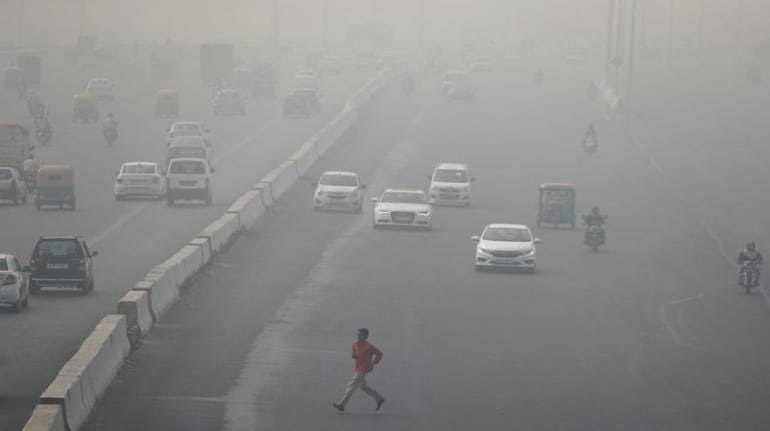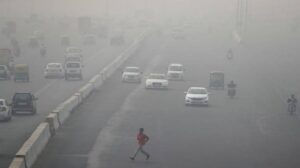A comprehensive study spanning from 2008 to 2019 has shed light on the severe health consequences of PM2.5 pollution in major Indian cities. Conducted across Delhi, Ahmedabad, Bangalore, Chennai, Hyderabad, Kolkata, Mumbai, Pune, Shimla, and Varanasi, the study found that around 33,000 deaths annually can be attributed to PM2.5 pollution levels that exceed the WHO guideline of 15 micrograms per cubic meter.
Delhi topped the list with 12,000 deaths annually, representing 11.5% of all deaths in the city, followed closely by Varanasi with 830 deaths annually, constituting 10.2% of its total deaths. Shockingly, even cities like Chennai and Bengaluru, which generally meet national standards, recorded significant impacts, accounting for 4.8% (2,100 deaths annually) and 4.9% (2,900 deaths annually) of total deaths, respectively. Shimla reported 3.7% of deaths, equivalent to 59 deaths per year.
The study, a first of its kind in India, correlated PM2.5 exposure data with daily mortality counts, revealing that each 10 micrograms per cubic meter increase in short-term PM2.5 exposure was associated with a 1.42% rise in daily deaths. Notably, the impact of locally generated pollutants, such as vehicle emissions and diesel generators, showed an even higher correlation, underscoring the urgent need for targeted pollution control measures.
Experts have emphasized the study’s implications for public health policy, urging India to reconsider its national air quality standards and adopt more stringent measures to curb local sources of pollution. Calls for action include recalibrating pollution control plans to focus on year-round strategies across more cities, beyond current non-attainment areas.
Commenting on the findings, environmental advocates highlighted the study’s confirmation of global evidence that PM2.5 pollution poses significant health risks even at concentrations below current national standards. They called for accelerated efforts to reduce pollution levels nationwide to protect public health, particularly among vulnerable populations.
The study’s release has prompted discussions on revising environmental policies and implementing comprehensive pollution control strategies in India, as stakeholders await responses from relevant government authorities regarding the study’s implications for future policy and action.














